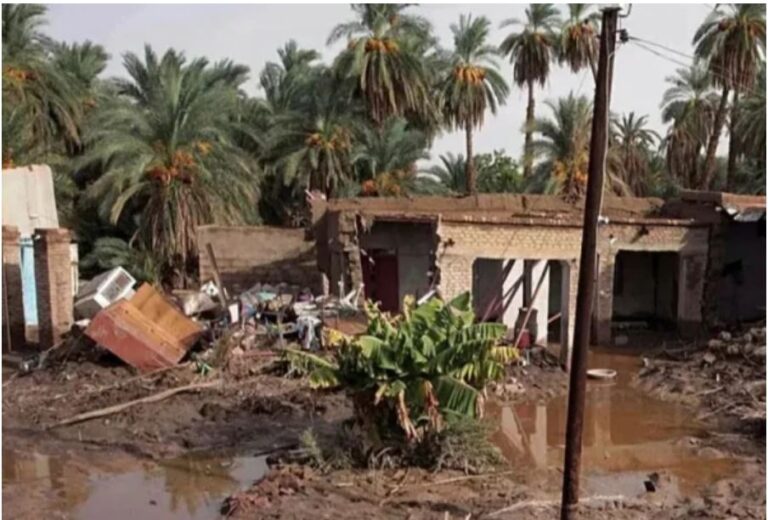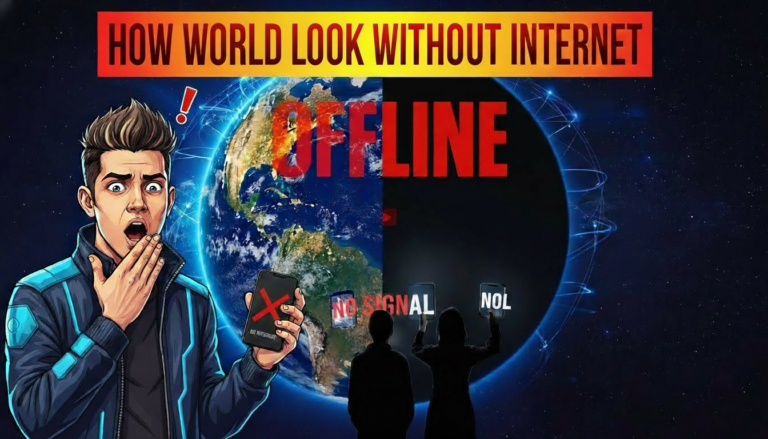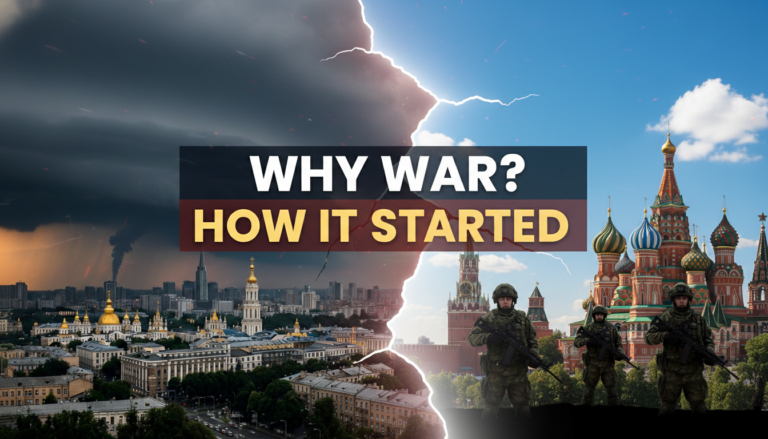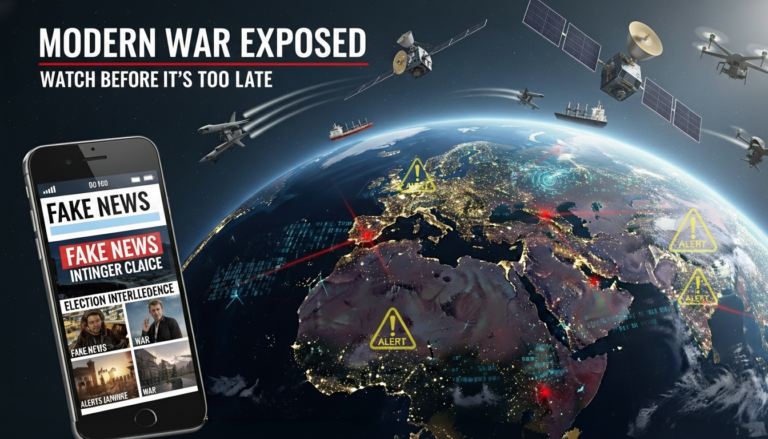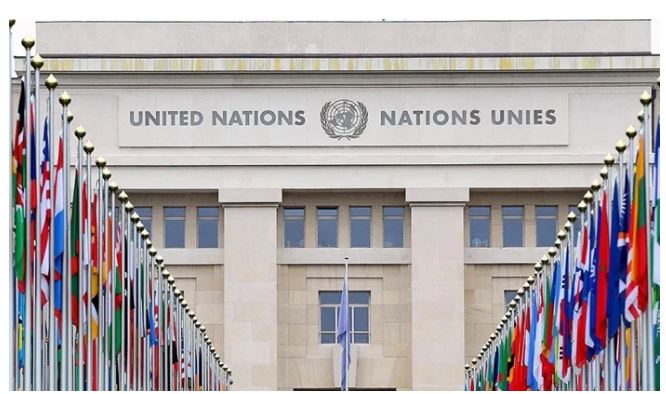
Demands To Hold Un Conference In Geneva After Palestinian Delegation Denied Visa
The US’s unprecedented refusal to grant a visa to the Palestinian delegation to attend the UN General Assembly session has increased demands to hold the UN conference in Geneva instead of New York.
The UN General Assembly session will begin today at its headquarters in New York, in which important decisions related to the recognition of Palestine are also expected.
High-level discussions in the session will be held from September 23 to 27 and the session will end on September 29.
However, on this occasion, the Trump administration has refused to grant US visas to Palestinian President Mahmoud Abbas and a delegation of 80 other members of the Palestinian Authority.
In 1988, the US also prevented PLO Chief Yasser Arafat from coming to New York. However, this is the first time in history that the entire Palestinian delegation has been prevented from coming to the US so that they cannot attend one of the most important events in Palestinian history after the Oslo Accords.
The General Assembly’s one-day conference on the two-state solution for Palestine and Israel is scheduled to take place in New York on September 21. President Abbas was also scheduled to attend the two-state solution meeting led by Saudi Arabia and France on September 22, but was postponed.
Britain, France, Australia, Canada and some other countries are expected to recognize a Palestinian state conditionally at this session.
Danish member of the European Parliament Per Clausen has called on Europe to propose holding a UN meeting in Geneva to recognize the rights of the Palestinians and send a clear message to President Trump.
Palestinian envoy to the UN Riyad Mansour said that President Mahmoud Abbas intended to lead the Palestinian delegation to the UN meetings and address the General Assembly.
Palestine is currently an observer member of the UN. It is allowed to address the UN but does not have the right to vote on resolutions.
There are fears that the Trump administration will not allow diplomats from Iran, Brazil, Sudan, and Zimbabwe to come to the United States this time, citing anti-terrorism laws.

